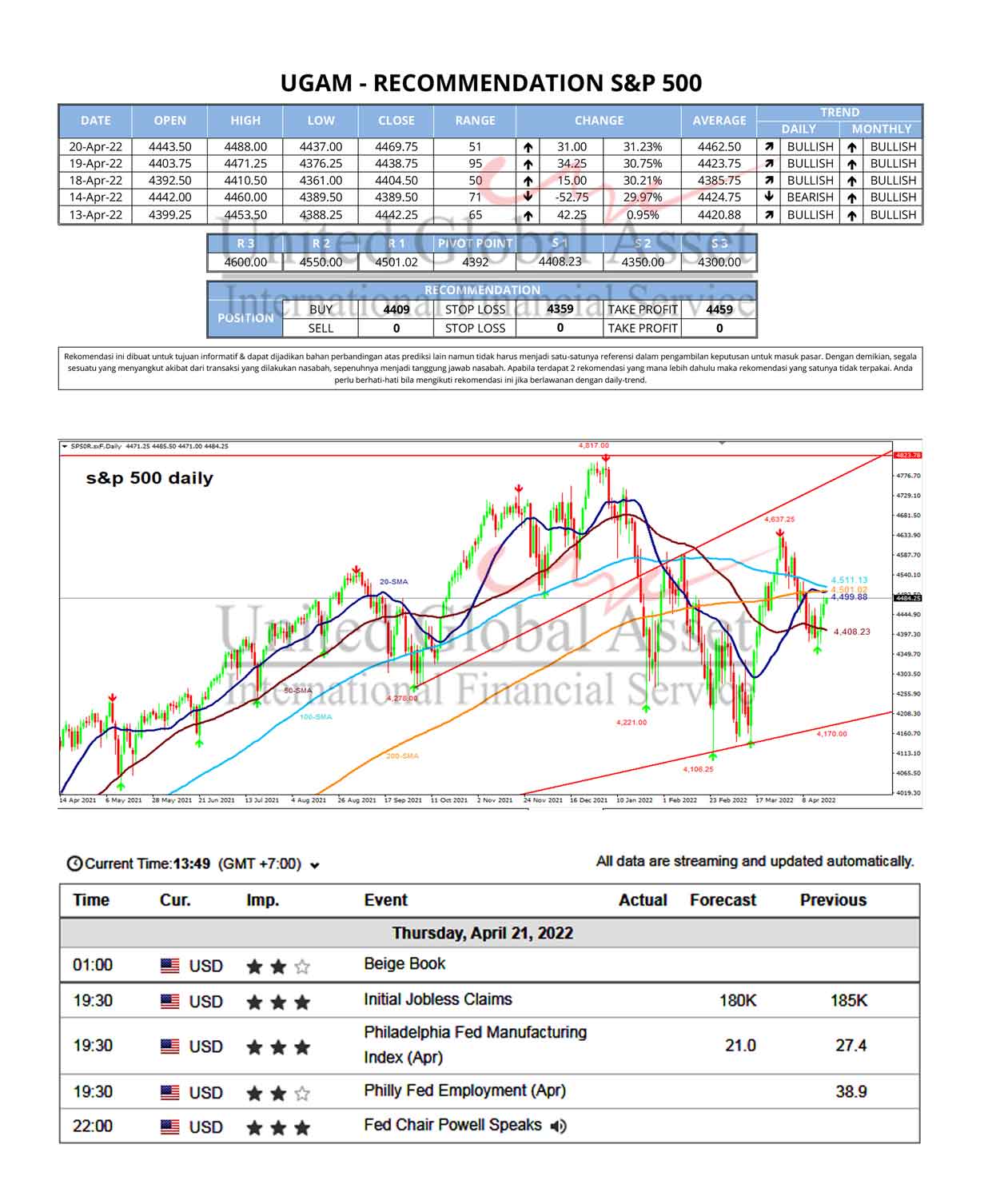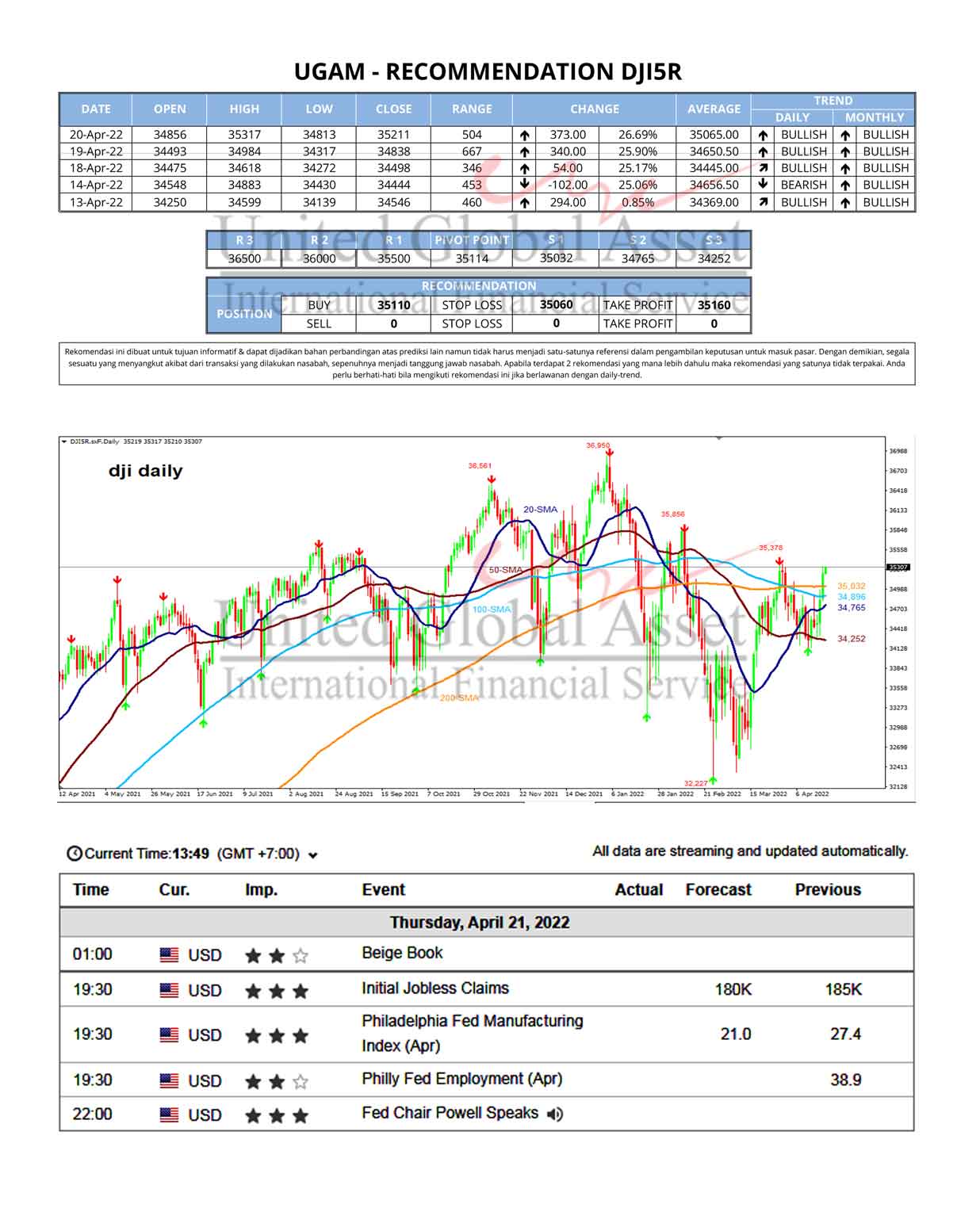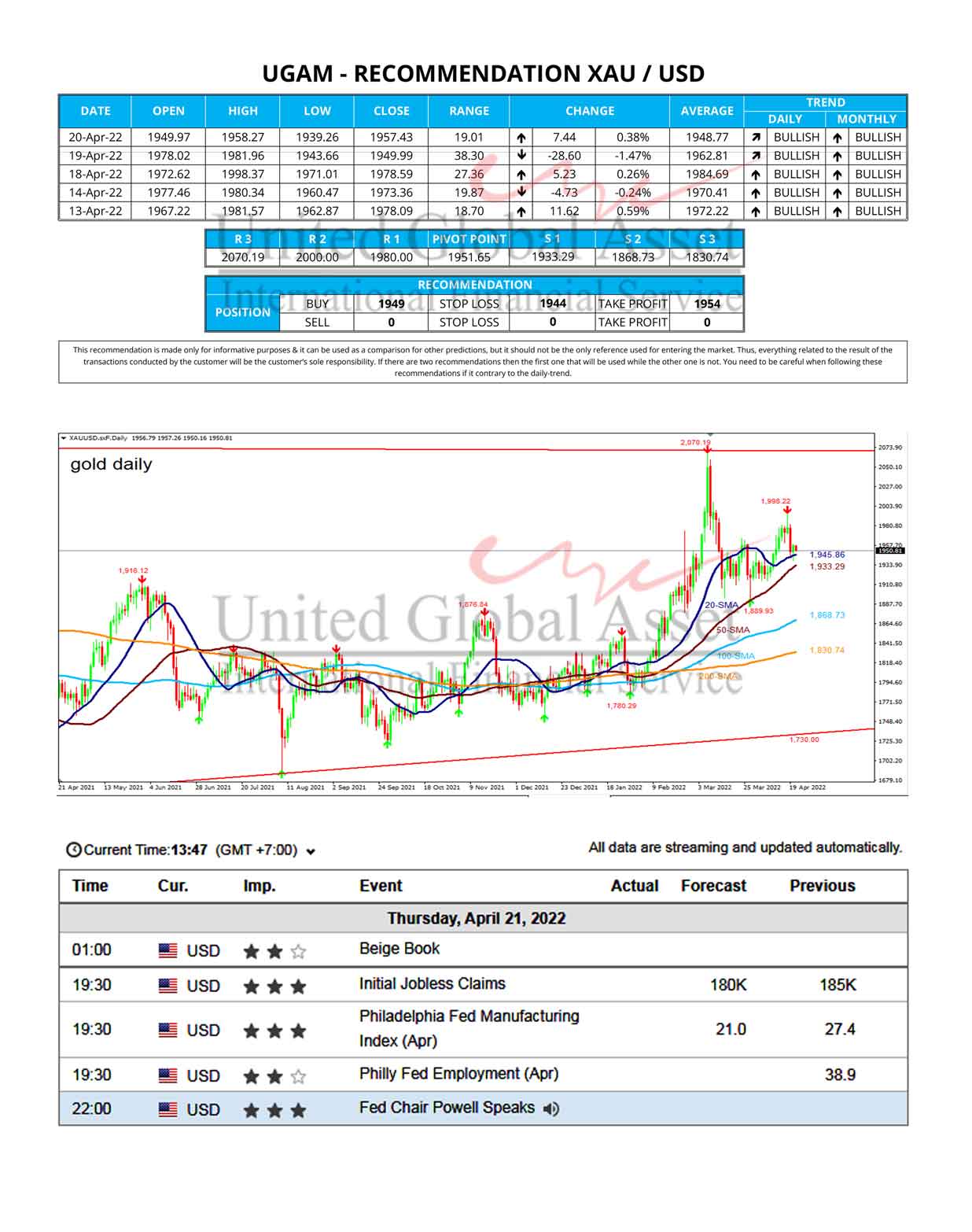Oil Slumps on COVID Fears, Oversupply, U.S. Elections

Oil was down on Wednesday morning in Asia, continuing major overnight
losses. Oversupply fears were the main driver of the fall, with U.S.
refineries beginning to shed labor.
Brent oil futures slid 1.13% to $41.09 by 11:29 AM ET (3:29 AM GMT) and WTI futures were down 0.94% to $38.92.
Heavy
falls in the previous trading session continued to drag on the Asian
markets in morning trade; WTI futures fell back below the $40 mark, with
both benchmarks losing more than 3%. The major drivers were poor
economic forecasts for future consumption amid the COVID-19 pandemic and
continued oversupply issues.
Data from the American Petroleum
Institute (API) on Tuesday showed a draw of 831,000 barrels, as against
an expected build of 1.4 million barrels, for the week ending Sept. 25,
and following the previous week’s build of 691,000 barrels. However,
this was insufficient to hold back the fall in prices.
Heads of
major energy trading companies were downbeat about future oil prices,
with low expectations of future demand and little movement in price
expected for at least months, and possibly years. “It is important to
keep in mind that moves to the downside have the potential to be
supersized,” given the COVID-19 pandemic’s continued spread and ongoing
global oversupply issues, Bob Yawger, director of energy futures at
Mizuho, told Reuters.
In signs of a protracted oversupply
problem, U.S. refineries are beginning to lay off workers, with Marathon
Petroleum Corp (NYSE:MPC), the U.S.’ largest refiner, looking to
widespread job cuts to help maintain their bottom line. Marathon
officials are “communicating with our employees about measures we
announced earlier this year to strengthen Marathon Petroleum for
short-term and long-term success,” a spokeswoman said in a statement,
according to Reuters.
Refineries globally are feeling the
pressure of a hugely depressed global air travel industry, with many
refineries attempting to blend their excess jet fuel into other products
and some installations looking likely to face shutdown.
Data
from the American Petroleum Institute (API) on Tuesday showed a draw of
831,000 barrels, as against an expected build of 1.4 million barrels,
for the week ending Sept. 25, and following the previous week’s build of
691,000 barrels. However, this was insufficient to hold back the fall
in prices.
The uncertainty over U.S. presidential elections is
also cause for concern, with President Donald Trump refusing to
guarantee a peaceful transition of power should he be ousted. The first
presidential election debate was earlier this morning and was highly
combative.
The global death toll from the COVID-19 pandemic
passed 1 million earlier in the week, and case numbers continue to rise,
further threatening global economic recovery.
Investors now await crude oil supply data from the U.S. Energy Information Administration (EIA), due later in the day.
Source : investing.com


